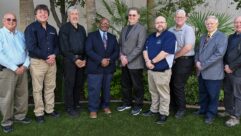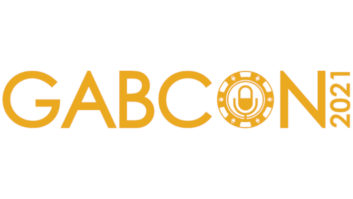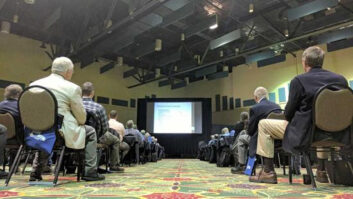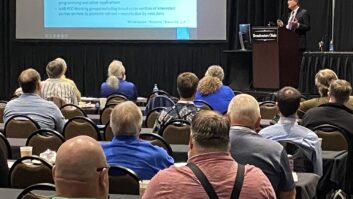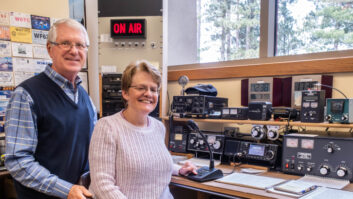A U.S. Patent and Trademark Office examiner’s rejection of patent claims by DigiMedia Holding Group LLC made in a second reexamination is encouraging news for radio broadcasters embroiled in a patent infringement suit, according to a patent attorney familiar with the review process.
“This is a significant blow to MAD, and will probably cause the judge to not lift the stay that is currently in place in the MAD litigation with a number of radio groups,” NAB told its members in a client note.
In an “office action” — a letter from a trademark examining attorney setting forth the legal status of a trademark application — USPTO examiner Alexander Kosowski on Wednesday, Dec. 19, rejected all of the patentee’s claims during the second reexamination of two patents involving hard-disk automation systems.
The USPTO ordered a second reexamination earlier this year after “prior art” not previously available was presented. Broadcast Electronics, which is not a defendant in the case, filed the original ex parte reexamination request with the United State Patent and Trademark Office.
Patents 5,629,867and 5,809,246 lie at the center of an infringement suit that targets a half-dozen large radio broadcast groups. DigiMedia Holding Group LLC and its associated company, Mission Abstract Data, sued the broadcasters in federal court in March, 2011. A federal judge issued a stay in the related patent infringement litigation until the patent claims are decided, as RW has reported. That stay remains in place.
The vast majority of the latest claim rejections are based on a Digilink Op’s Manual revision published in 1992, according to the USPTO documents obtained by Radio World.
“It is not possible to speak confidently about the merits of the rejections without thorough study, but one can say that all the rejections hinge on a single reference, Digilink,” said Scott Daniels, an intellectual property attorney with Westerman, Hattori, Daniels & Adrian, LLP.
Only if the patent owner can identify new distinctions between its claims and that reference will it likely persuade the USPTO to remove the rejections, Daniels said.
Another option for DigiMedia moving forward is to amend its claims to distinguish them over the prior art, Daniels explained.
“However, the problem with amendment is that it removes the possibility of damages from the time period before the end of the reexaminations,” Daniels said.
Related:
Next Shoe Drops in MAD Patent Case
Automation Patent Suit Takes Another Twist (Oct. 2012)




